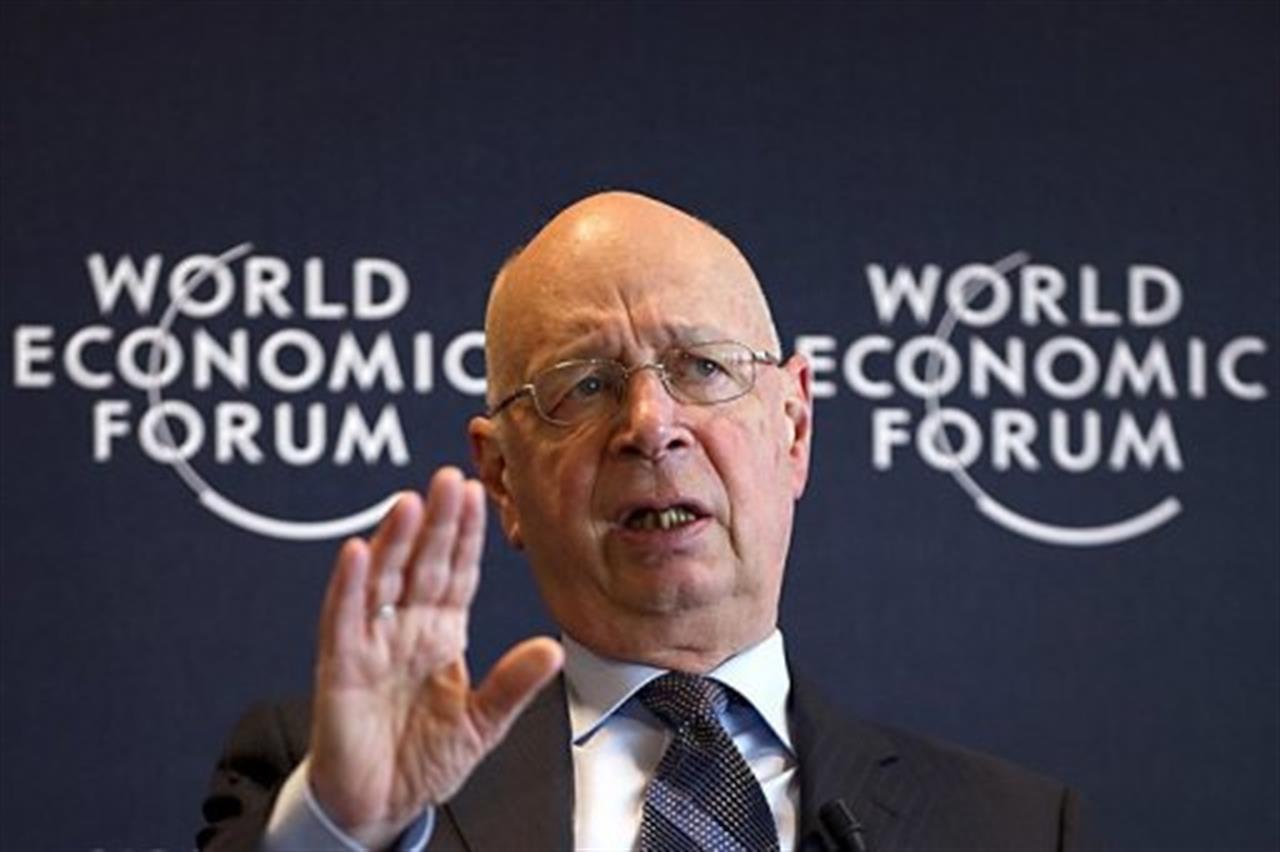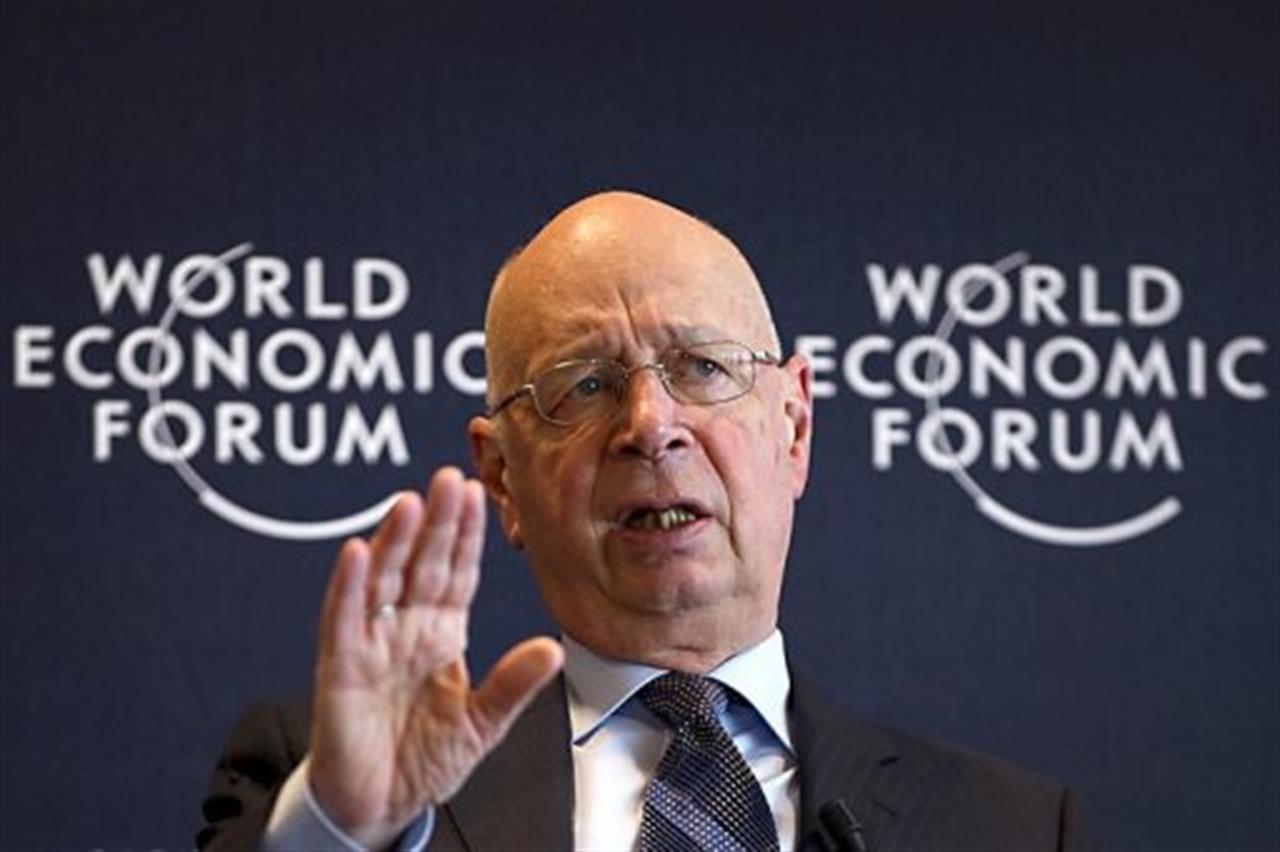
Today is grey and wet and my mood mirrors it. Running and working are the only remedies.
I will spend the weekend drafting my feedback to the new book on the recovery in Europe by Prof Schwab – founder and president of the World Economic Forum.
I got a draft as I was invited to contribute to the launch of the project run by WEF: Rebuilding Europe’s Competitiveness. I’m not allowed to share the text but I will publish my feedback.
Prof Schwab’s work is good and WEF’s commitment towards the European recovery can really help to get out of the crisis. But the conceptual framework is pretty traditional.
The author argues that the problem with Europe is mainly political and economic. Europe needs a reform of its governance and rebuild the competitiveness of its economy. Various recipes follow.
OK, everything is right but what’s the role of citizens beside backing institutions and corporations? In my view they are the untapped resource of Europe. A new democracy and economy for Europe must unlock such a resource. It has to engage people, use new technologies to make them part of the solution and build on the new trends that combine social and economic goals: social enterprise, social innovation, impact investing, you name it.
Let’s see if I succeed in making a convincing case for Prof Schwab. Check his book when it comes out in January next year. It will be launched at Davos.
Nessuno ti regala niente, noi sì
Hai letto questo articolo liberamente, senza essere bloccato dopo le prime righe. Ti è piaciuto? L’hai trovato interessante e utile? Gli articoli online di VITA sono in larga parte accessibili gratuitamente. Ci teniamo sia così per sempre, perché l’informazione è un diritto di tutti. E possiamo farlo grazie al supporto di chi si abbona.

